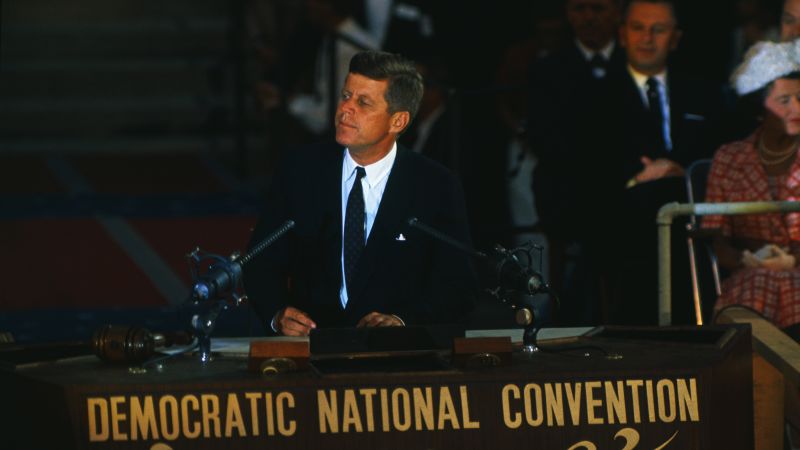
Reevaluating the Legacy of John F. Kennedy and Camelot
Opinion | 8/23/2025
Decades after John F. Kennedy introduced his vision of the “New Frontier” to the American public, the question looms large: what remains of his legacy known as Camelot? Kennedy’s presidency, marked by ambitious initiatives to bolster social welfare, advance civil rights, and engage globally against poverty, now faces scrutiny over its lasting impact.
Kennedy’s advocacy for a “safety net” aimed to protect vulnerable Americans, his civil rights efforts, and his international development strategies were central pillars of his administration. However, contemporary assessments suggest a rollback of some of these key policies and principles, prompting a reevaluation of his legacy.
A White House official, reflecting on Kennedy’s legacy, noted, “While his vision of a ‘New Frontier’ inspired many, the current landscape raises questions about the endurance of his initiatives.” The official highlighted ongoing debates surrounding healthcare access, racial equality, and economic disparities as areas where Kennedy’s vision may be at odds with present-day realities.
Legal experts emphasize that Kennedy’s legacy, particularly in civil rights, continues to shape judicial interpretations and legislative actions. The enduring influence of his policies underscores the complexity of preserving and evolving his vision in a rapidly changing societal and political context.
As discussions on Kennedy’s legacy persist, contrasting perspectives emerge on the extent to which his ideals have been sustained or eroded over time. While some contend that his principles remain foundational to American governance, others argue that shifting priorities and ideologies have reshaped the landscape, leaving a fragmented legacy of Camelot in the modern era.


